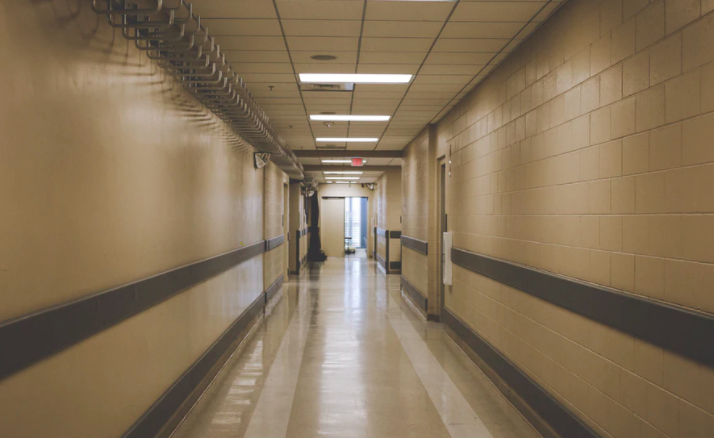Amidst the COVID-19 pandemic, there has been a noticeable spike in appreciation for the nation’s essential workers — especially those involved in the medical, law enforcement, and public safety fields. As these specific professionals work to maintain order in their respective ways, their duties and principles intersect in a crucial variable: hospital safety and continuity. Medical institutions and security personnel have always had a symbiotic relationship of sorts, but with unique challenges arising each day as a result of the pandemic, this pairing has arguably never been more important.
Essential recommendations
Hindsight is becoming 20/20 in terms of COVID-19 safety essentials — masks, gloves, and social distancing measures are now collectively viewed as the new norm in most sectors — but it has been up to security personnel, in tandem with hospital staff, to make accurate protection recommendations as the pandemic advances. Beyond the aforementioned “low hanging fruit” requirements, safety protocol has grown to emphasize the importance of protective items like single-use gowns, protective eyewear, and coveralls. Beyond recommendations alone, in-house personnel are tasked with enforcing protocol as it changes — in a similar manner to their outside law enforcement counterparts.
Logistics preparations
As hospital numbers spike from increased COVID-19 cases, internal logistics have quickly become a key consideration for safety personnel. From waiting room crowd flow factors to sudden influxes of emergency transport patients, personnel must remain diligent in their preemptive planning to uphold hospital fluidity while keeping both patients and staff members safe. Furthermore, safety professionals should remain in constant contact with managerial staff to ensure external COVID-related communication is being handled appropriately and efficiently.
Upholding basic order
Despite the unique environment in which they are now operating, security personnel must also remain focused on the basic risks and considerations that make up their daily obligations; this includes keeping hospital staff members and patients safe from unauthorized entrances, de-escalating potentially violent threats, and considering a slew of other risks transcending those tied to the pandemic alone.
Navigating situations like the COVID-19 pandemic may be inherently daunting from a security standpoint, but luckily for medical establishments and their patients, this remains an expected part of the job for security professionals.
